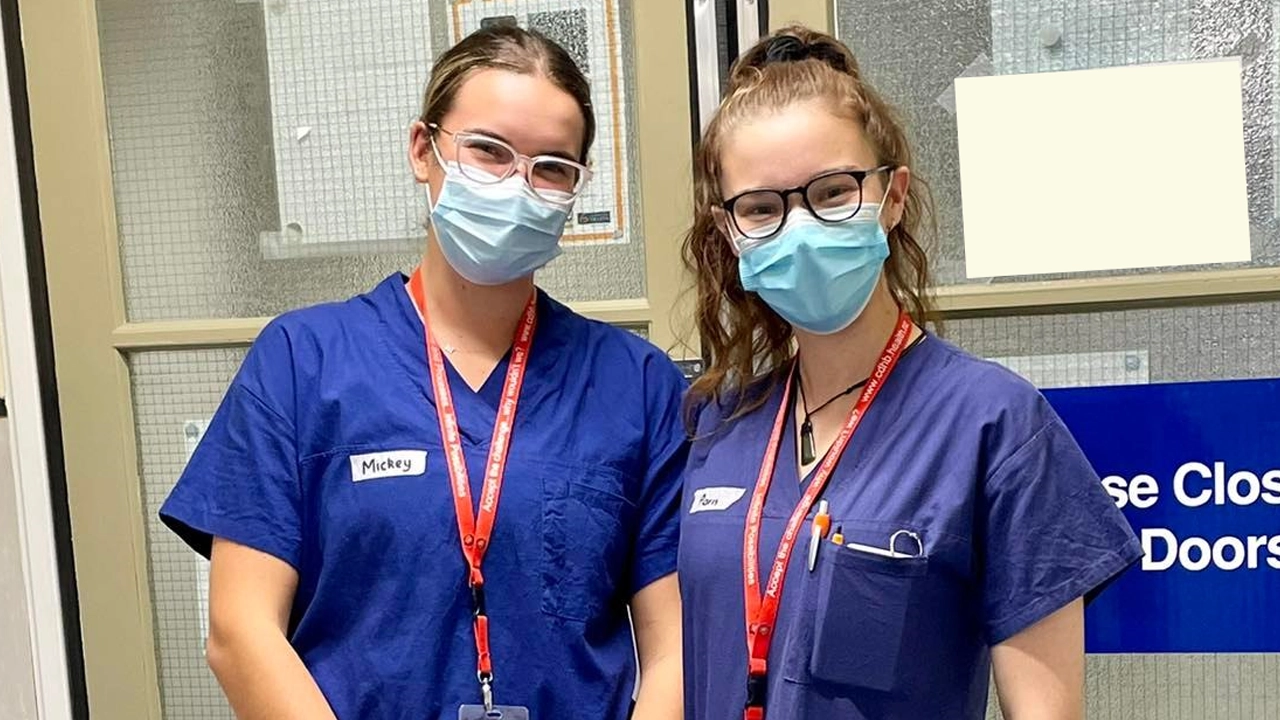
New Zealand is experiencing a sharp decline in interest and arrivals of overseas-based nurses, according to new data from Immigration NZ. Unfortunately, our Prime Minister’s strategy of increasing the minimum wage since April 2023 hasn’t made much of a positive difference in our lives, including the nurses.
The visa applications and acceptances from nurses have plunged in recent months, with numbers more than halving since August 2022, details Immigration New Zealand. In the eight months from January to August 2022, an average of 126 nurses arrived each month, but in the seven months since, the average is just 59. This is a significant concern for the country’s nursing union (NZNO), who believe their 55,000 workforce is already short by around 4000-5000 nurses.
Kerri Nuku, the union’s organiser, is not shocked and says the new numbers fit with her anecdotal experience. Nuku tells APP, “We’re just not seeing the same interest in New Zealand at the moment.”
Compounding New Zealand’s struggle is the surge of interest among its workforce moving to Australia. Last month, 4,951 Kiwi nurses had registered with the Australian health regulator AHPRA since August, a necessary step before crossing the ditch. This has led to concerns that the total nursing workforce is shrinking at a time when it needs to grow.
The government has acknowledged the decline and has made steps to keep nursing staff, including agreeing to a number of pay deals. Around 8000 community nurses will now get a wage hike of up to 15 per cent. However, New Zealand still relies heavily on a steady stream of overseas nurses to maintain its health workforce. The issue is, new Immigration figures show that overseas nurses aren’t arriving and aren’t even interested.
To lure overseas nurses, Immigration Minister Michael Wood designated registered nurses on the “green list” as a profession that would receive automatic residency in December 2022. That approach failed as the data provided to AAP shows, stated in an article, “applications and arrivals dropped in the first three months of 2023 from the final three months of 2022.”
While the Immigration Department’s process of residency applications from two years ago remains slow and ethically questionable, Prime Minister Chris Hipkins makes empty promises. “This certainly makes us very competitive in terms of the immigration pathway, and then we’ll continue to work with health providers around how they make sure they are providing attractive offerings to people who want to come here.” He hopes the “expansion” of the green list is enough to attract nurses.
While the Prime Minister issues statements, the nursing union is planning a National Day of Action for nurses, with rallies in 20 cities expected to draw thousands, in a bid to raise awareness of the critical need for more nurses in the health workforce.